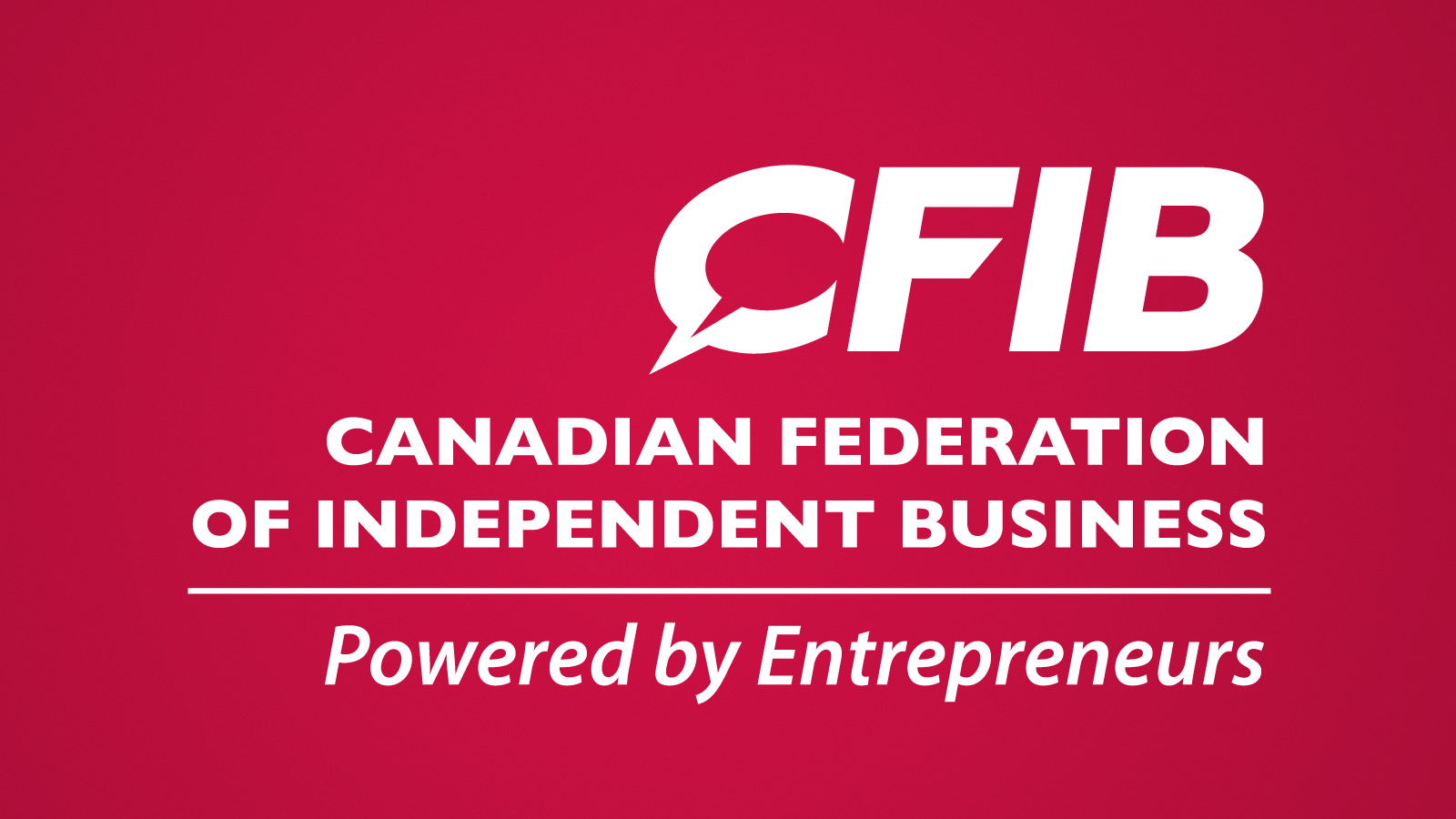Business and Economy
CFIB says higher minimum wage in Alberta could mean more job losses
EDMONTON – The Canadian Federation of Independent Business says it has obtained an internal NDP memo suggesting the Alberta government knows plans for more increases to the minimum wage could result in “significant job losses.”
The CFIB says it obtained a briefing memo from the ministry of labor through a freedom of information request.
CFIB spokesman Richard Truscott says the memo tells a different story than the government has been saying.
He says the province has been maintaining that hiking the minimum wage to an hour by 2018 would create jobs, not kill them.
Labour Minister Lori Sigurdson released an emailed statement saying the province’s analysis of “the potential impact of this year’s increase…found that there would not be negative economic consequences.”
She says the government believes those earning the least should be able to take care of their families.
However, Truscott says the internal briefing document prepared for Sigurdson ahead of the October increase which took the minimum wage to $11.20 is less certain.
“At this point it is not fully known what the overall impact of this kind of upwards wage pressure would have on what is still an uncertain economy,” says the memo, “but it is reasonable to assume that job loss and perhaps significant job loss is one realistic possibility.”
The contents of the document have the Opposition Wildrose urging the premier to delay the increase.
“Whether it’s the jump in the minimum wage, tax hikes, a new carbon tax, or royalty reviews, it’s obvious the NDP give little to no thought on the economic consequences of their ideology,” Wildrose labor critic Grant Hunter says in a release.
Truscott says the 2018 deadline should be pushed to 2020, and that a number lower than $15 should be the goal.
He worries that now that this document is public, the government is going to scramble to get their research done.
“I do worry that they’re going to stick handle this and try to make that research match their policy goal. This is obviously very concerning, I would say it’s, quite frankly, an irresponsible approach to policy development.
“






















